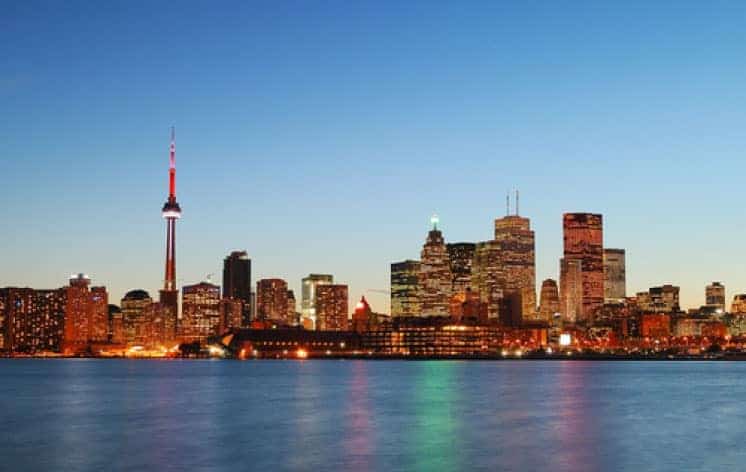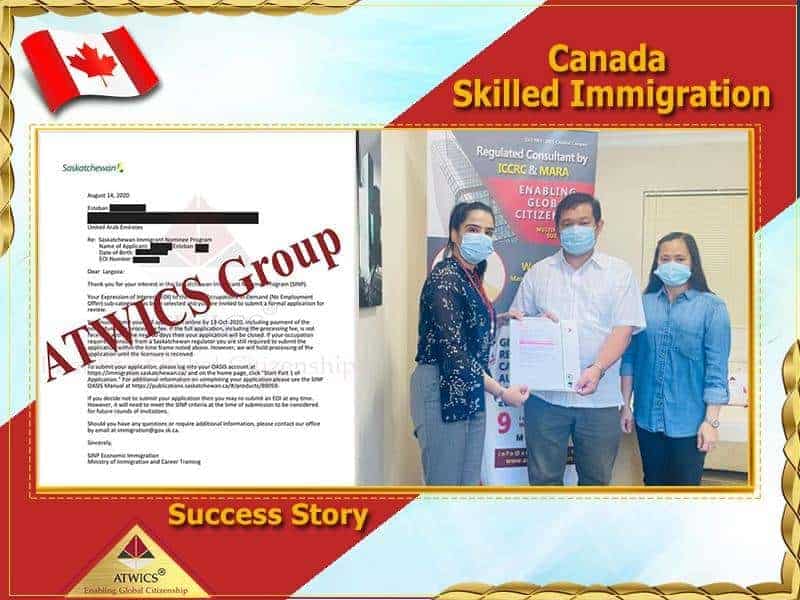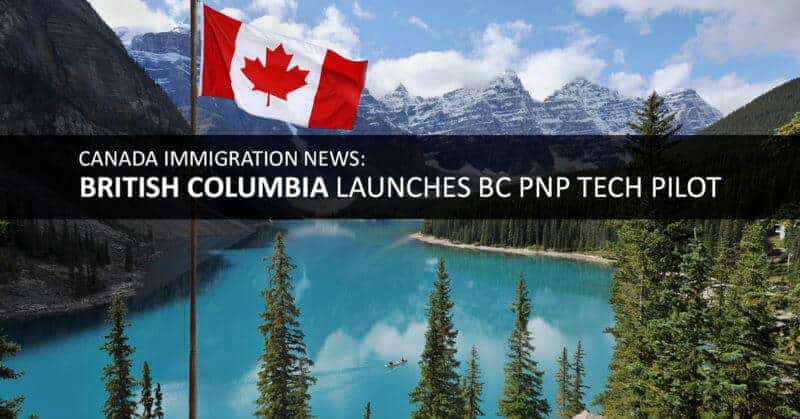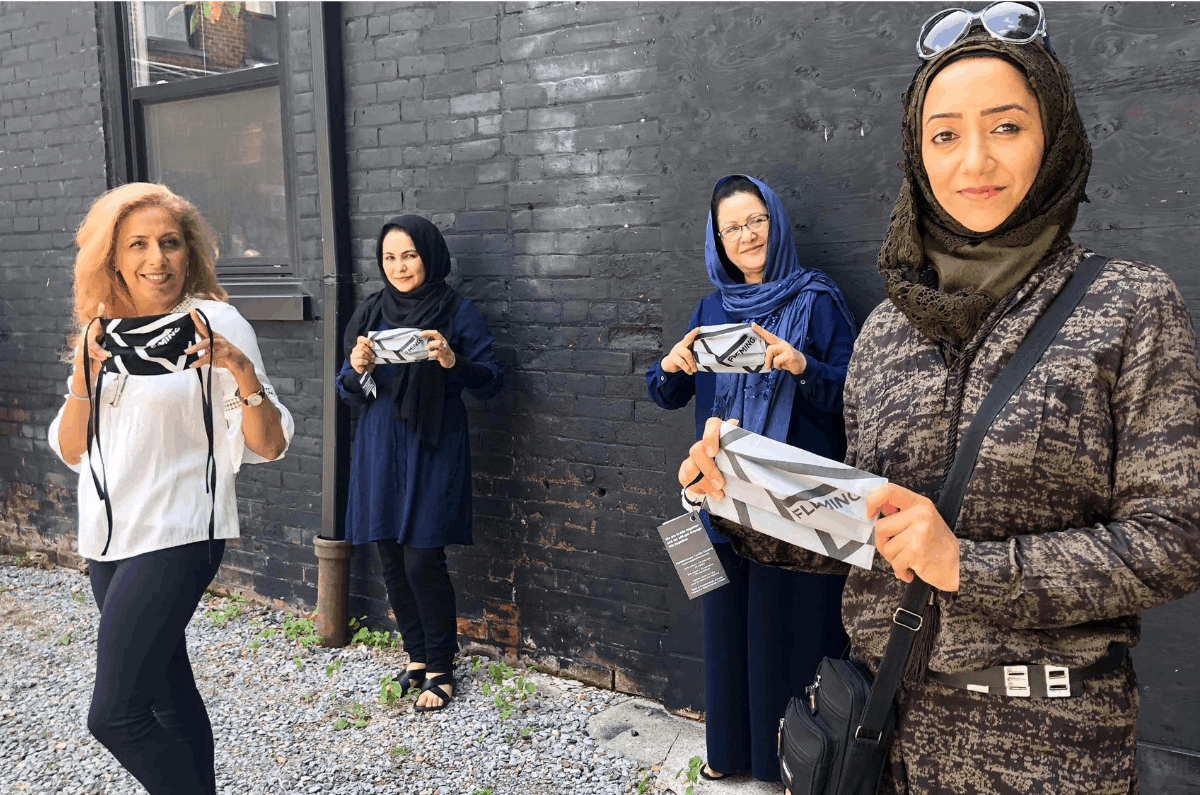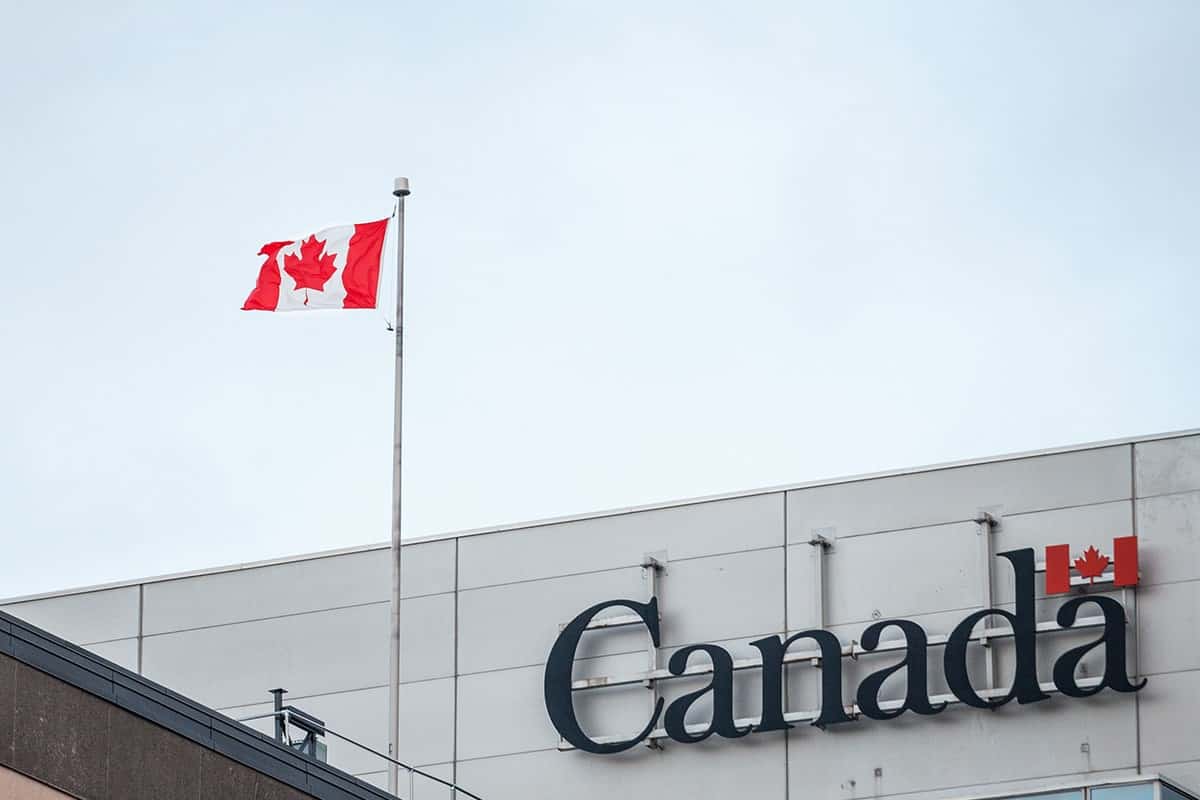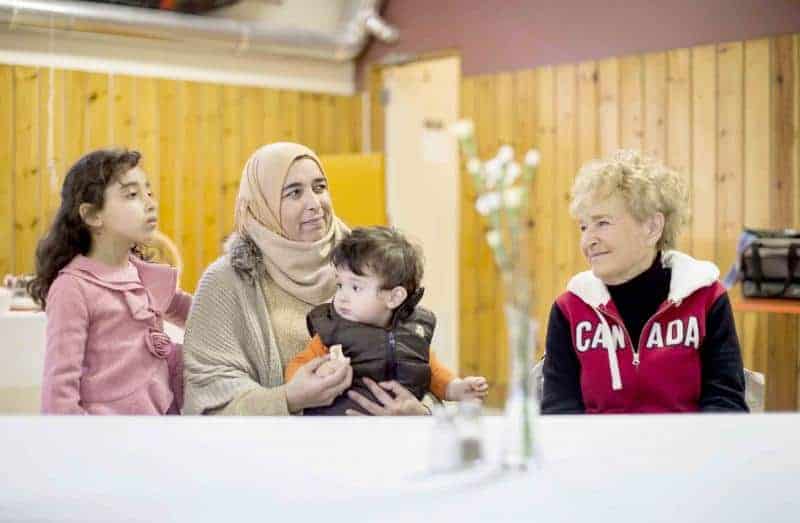Middle Easterners can choose from over 100 immigration pathways to start a new life in Canada.
Many Middle Easterners decide to migrate to Canada for several reasons. The pathway to Canadian citizenship leads to widespread health services, high quality education and job opportunities.
Middle Easterners generally migrate to Canada as skilled workers since Canadians normally look to immigration to help labour market deficiencies. Consequently, the majority of Canada’s economic-class immigration pathways support applicants who have skilled work experience.
Skilled workers are examined based on several elements, incorporating age, work experience, level of education and language proficiency. Most of the migrants that understand Canada have a strong grasp of both English or French. This gives them an benefit when migrating to Canada.
Express Entry is the title of the system that the federal government utilizes to oversee permanent residence applications.
Migrants present their interest for migrating to Canada by the Express Entry system.In any case, preceding creation an Express Entry profile, applicants should be qualified for one of three immigration programs: the Foreign Skilled Worker Program (FSWP), the Foreign Skilled Trades Program (FSTP), and the Canadian Experience Class (CEC).
The FSWP tends to be the most appropriate option for the individuals who have never lived in Canada.

In case you are qualified for the FSWP, you will have the option to make an Express Entry profile. You will have to complete a perceived language proficiency test in English or in French. You will also have to get your foreign educational certifications evaluated.
All applicants in the Express Entry pool are provided a Comprehensive Ranking System (CRS) score based on their profile.
Every two weeks, the Canadian government invites the greatest positioning applicants in the Express Entry pool to give an application for permanent residence.
How to immigrate through the PNP
What’s more, the Provincial Nominee Program (PNP) is another significant option individuals from the Middle East could consider. Provinces and regions in Canada are eligible to designate people in order to meet their economic requirements.
There are two different ways applicants may get a provincial nomination. They can give an application to a particular PNP stream directly, or they may get an invitation to give an application for a provincial nomination by the Express Entry system.
This implies having an Express Entry profile gives more options, as you may get an invitation to give an application for permanent residence by the federal government, or you may get an invitation to give an application for a provincial nomination.
These are not the just paths individuals from the Middle East can migrate to Canada. Actually, Middle Easterners have more than 100 skilled worker options to select from in order to get their Canadian immigration objectives.
History of Middle Easterners coming to Canada
The first wave of immigration from the Middle East originated from Syria and Lebanon as right on time as 1882.
There are hundreds of thousands individuals of Middle Eastern descent presently living in Canada.
Notwithstanding the coronavirus pandemic, Canada is as yet processing permanent residence applications. Welcoming migrants into Canada will be the way to economic recovery post-coronavirus.
Actually, Canada is hoping to welcome more than one million migrants by the finish of 2022, according to the Immigration Levels Plan 2020-2022.
Making Canada your home
Middle Eastern and Arab migrants are eligible to join existing social networks, incorporate into the Canadian labour market and seamlessly incorporate into Canadian culture.
There are numerous religious institutions that exist in Canada including different churches, mosques, places of worship and different sanctuaries.
Many religious institutions were constructed around Canada during the last century including Melkite churches and Maronite houses of worship. The first Coptic Orthodox church was made in 1965, and the first mosque in Canada, Al Rashid mosque, was constructed in Edmonton in 1938.
Besides, there exists several ways to contact other individuals of a migrant’s community, including Facebook teams and country-specific or territory specific community centers around the country.
It is also essential to remember that links to migrants’ familial inceptions often remain maintained by the community events. These occasions may focus on music, dance, food or religious practices. There also exists several restaurants with different Middle Eastern foods. Consequently, Middle Eastern migrants feel at home in Canada.
 APPLY FOR YOUR CANADA VISA FROM Abu Dhabi TODAY
APPLY FOR YOUR CANADA VISA FROM Abu Dhabi TODAY
